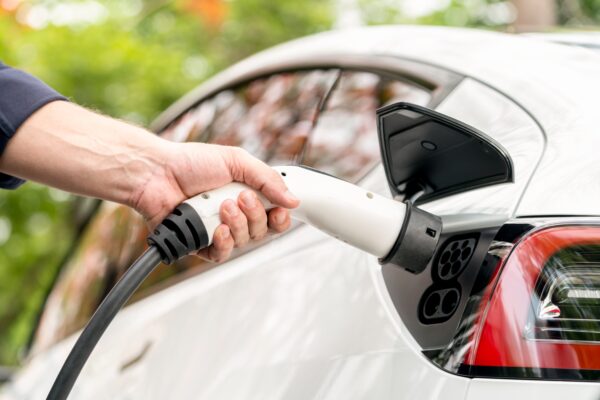Product Liability
It is not only manufacturers that have a duty to provide customers with safe and sound products. Wholesalers, distributors and retailers also share this duty. It is the responsibility of the manager just as it is the CEO or wholesalers to make sure their products are safe for consumers to use. If and when this duty is not met, they can and will be held liable for the injuries and personal costs that result. The victims of these injuries have the right to claim financial compensation.
Each year, consumers are injured from using defective products. Product liability applies to any and all products, not just ones that are likelier to be defective; the makers of heavy machinery are just as liable as are makers of home appliances.
Dealing With a Defective Product
If you are injured by a defective product, first seek medical attention immediately. Not only will this possibly save your life and prevent injuries from becoming serious, the nature and extent of your injury will be documented. Next, make sure to save the defective product for later. This may seem counterintuitive, but it will prove very useful, since your attorney can use the defective product itself as evidence. Also, don’t forget to photographically document everything you can with a camera. Take pictures of the product, the scene of the accident or injury, and of any injuries that you incurred. To reiterate, the more evidence you have, the better your case will be.
Save any paperwork related to the product: instruction manuals, warranty statements, the receipt, the box the product came in and any other paperwork relating to the injury, such as canceled checks and other financial documents. If you have any records of contacting the maker of the product for any reason relating to your injury, save those as well. They will be invaluable as evidence during legal proceedings. Gather contact information from any witnesses, if there are any. They can be interviewed at some later date, if it is necessary.






